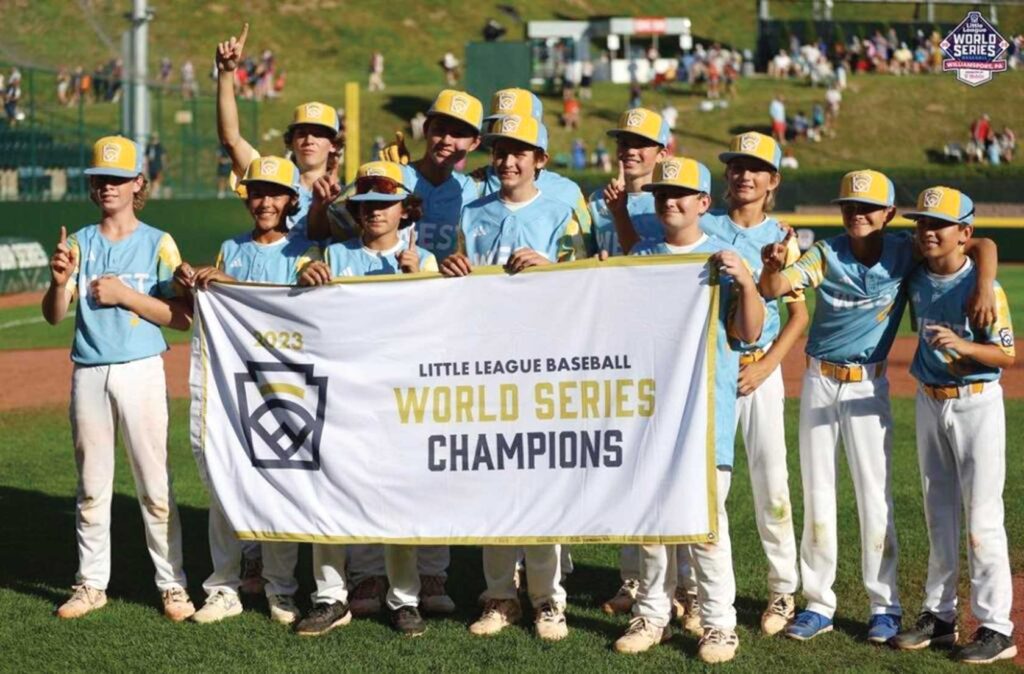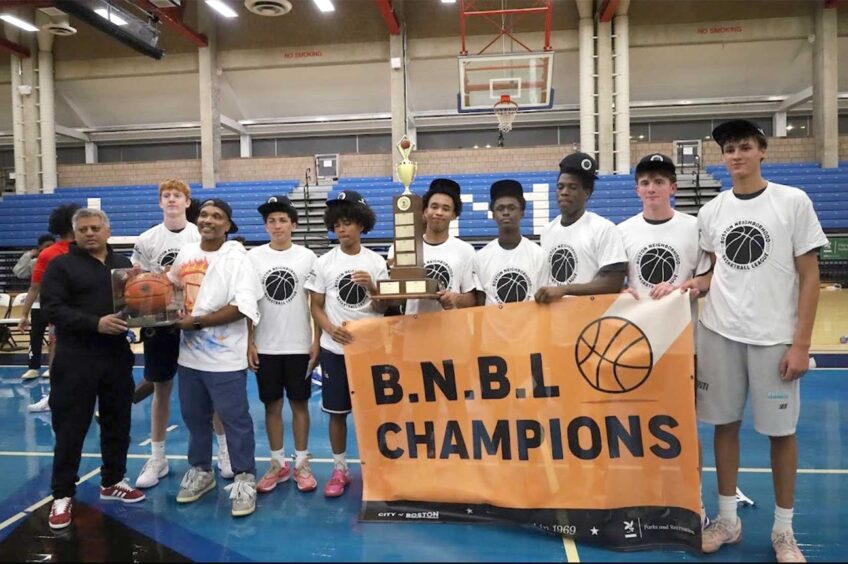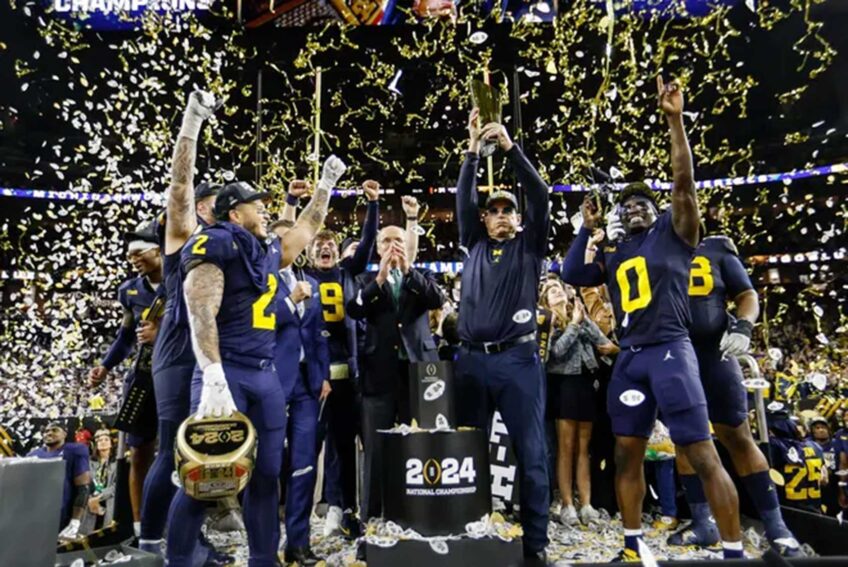With walk-off homer, California beats Curacao in Little League World Series

The 2023 edition of Williamsport Little League World Series did not disappoint.
The finale, with Curacao playing against American champion California, was one of the most dramatic in Little League World Series history.
Trailing 5-1 going into the top of the fifth inning, Curacao set the stage with a grand slam home run to knot the score.
The game was still tied in the bottom of the sixth until a walk-off home run made California the winner, 6-5, making the team the new Williamsport Little League Champions.
The story behind the story was how the two teams approached their final game. In the true spirit of these games, the Curacao and California teams became close friends over the nearly two-week competition. Because of the split International and American format, despite the tournament being double elimination, they hadn’t played each other until the final game.
As that game approached, and the teams realized they would be playing each other, they appeared determined to keep it in the proper perspective, having fun. Indeed, the star player of the California team said they were just going to go out and treat it like a Wiffle-ball game.
Stellar pitchers dominated on most days of the six-inning-per-game tournament. On the first day, Aug. 16, two international games were no-hitters: Panama 4-0 against the Czech Republic and Japan 1-0 over Cuba. The last was a combined perfect game, with Cuban pitchers only giving up one hit. On the next day, Curacao defeated Australia 2-1 and Chinese Taipei beat Canada 6-0 in another no-hitter.
Each day, ESPN conducted live on-air interviews, mostly in Spanish. These gave a chance for parents and fans sitting and cheering in the stands to respond to questions, with their replies translated immediately for the TV audience.
Translations of player interviews and the advice of coaches, heard live during in-game visits to the pitcher’s mound, were riveting. The typical advice, whether in English, Spanish, Chinese, Japanese or Papiamentu (in the case of Curacao): “Calm down, concentrate and focus on the best way to get an out on the next play. Have fun.”
Cuba and Australia were eliminated on the first weekend of play, but their presence was significant. In Australia, Little League Baseball is one of the fastest-growing sports. Australia is now the largest country outside of North America to participate in Little League competition.
Eduardo Perez, the former Major League player and current ESPN announcer and translator who is of Cuban descent, practically adopted the Cuba team in Williamsport.
Perez’s father is Tony “Doggie” Perez, the Cincinnati Reds World Series Hall of Famer. Tony met Eduardo’s mother Pituka in Puerto Rico when both natives of Cuba were living there. Eduardo was born in Cincinnati in 1969 when Tony Perez was playing for the Reds.
In Williamsport, Eduardo took the entire Cuba team to McDonald’s. He said that was their first fast-food restaurant experience. He had to tell them to line up single file to order. Ironically, the players said their favorite American food was the bright red apples in the cafeteria of their Little League Village.
Unfortunately, the apparent defection of a Cuban coach during the series became a distraction.
The Cuban Baseball Federation had signed an agreement with Little League Baseball International that guarantees Cuba one of 10 international Williamsport spots at least through 2025. It is unclear where the defection of coach Jose Perez on Aug. 19, the first Saturday of the games, will affect that agreement or the progress of U.S.-Cuba diplomatic relations.
Besides the championship finale, one of most exciting games was Curacao’s 3-2 victory over Venezuela on Aug. 21. After spectacular, flawless fielding by both teams, Venezuela led 2-1 going into the bottom of the fifth when Curacao hit a two-run homer.
That game displayed the level of skill and sophistication of the teams at Williamsport. The players made diving stops and great throws, all the while rotating fielding and pitching positions with ease.
The outstanding pitching by these mature mostly-12-year-olds was something to see. They possessed great command and control of their pitches that mostly kept the hitters off balance.
The pitchers often reached their mandatory 85-pitch limit well into the late innings of the games. Overall, the pitchers seem to be progressing faster than the hitters of the same age.
Some of these Little League pitchers are throwing the baseball at a Major League equivalent of 100 mph, the top of the scale. As these young people develop, arm strength may be quicker and easier to establish, manage and maintain than batting skills.
The Chinese-Taipei pitchers seemed to have almost mastered that science of pitching. But once again, they were not able to advance, with Curacao becoming the International Champion.







